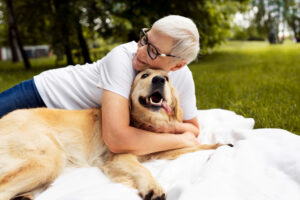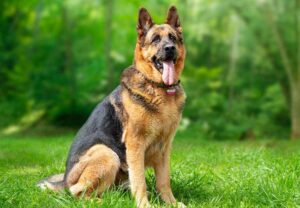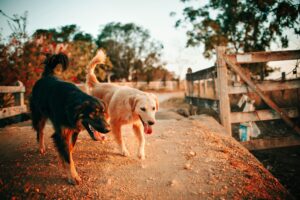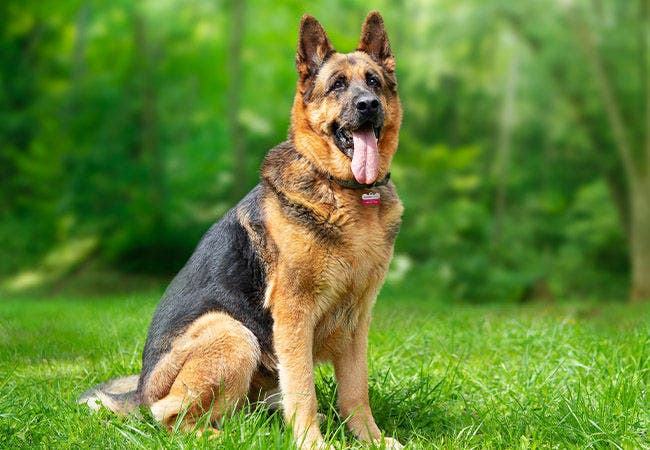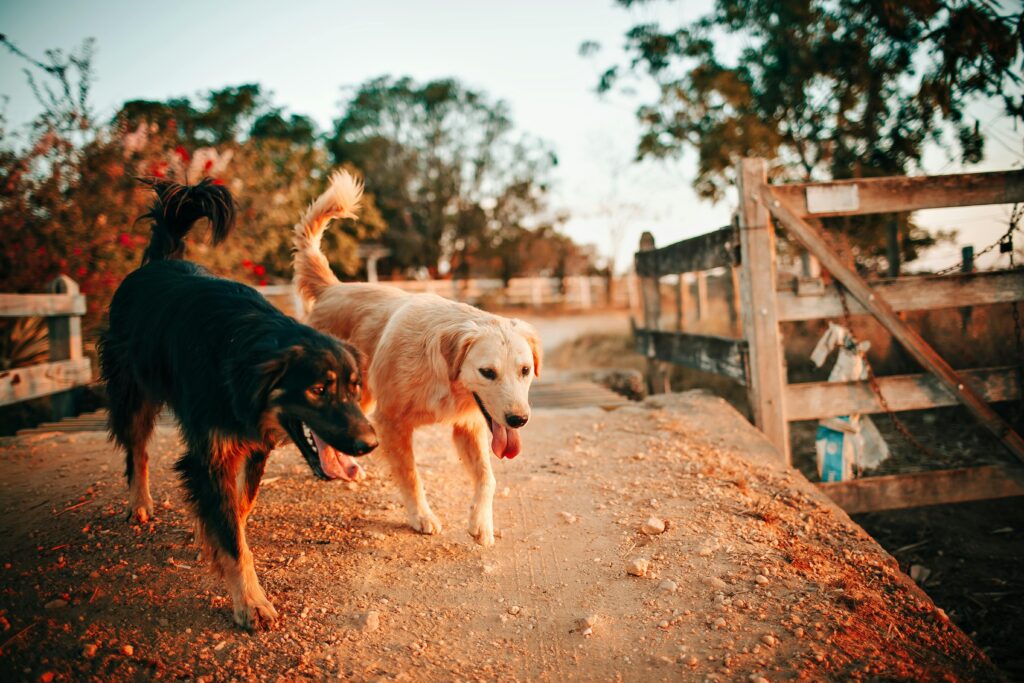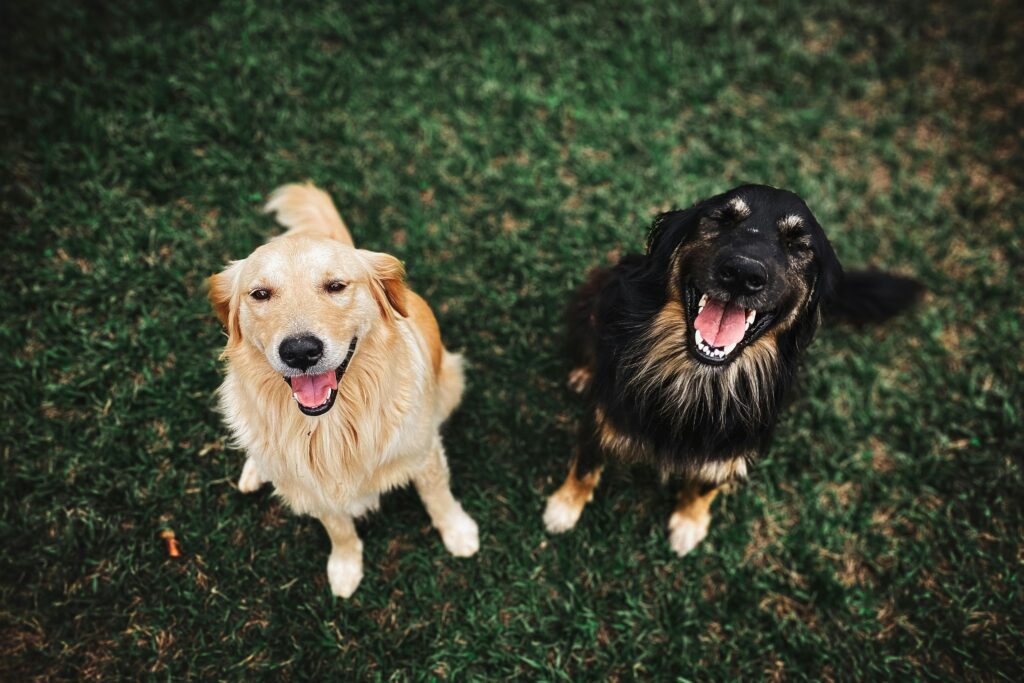Getting a Happy Newfoundland 3-Month Puppy for your home can create unforgettable joy and involves numerous accountability responsibilities. Your Newfoundland enters a vital developmental period when you bring it home this age. These important guidelines will lead your pedantry friend to become a well-behaved contented pet.

1. A secure environment for the Newfoundland puppy.
Creating a secure area is the fundamental first step in becoming a Newfoundland 3-Month Puppy’s happy owner. Your puppy at this age dives into all things with its natural investigative nature. God your home for your Newfoundland puppy by taking dangerous items like wires and tiny objects and sharp objects out of reach.

Your Newfoundland needs an appropriate bed or crate to use for relaxation. Your Newfoundland needs their own place to rest during its initial three months of living in your new environment thus a dedicated sleeping area promotes their security.
2. Establish a Consistent Routine
A Happy Newfoundland 3-Month Puppy succeeds best when following a regular schedule which creates stability in their life. Schedule completely consistent meal times and bathroom breaks and daily play periods for your Newfoundland. Puppies grow best when their daily lives show consistent patterns that make them understand what behaviors they need to do.
A Newfoundland’s adaptation to your company after adoption becomes better when you maintain consistent training routines and routine tasks. Teach your Happy Newfoundland basic commands beginning with sit followed by stay and come then move onto progressively complex actions as they become older.
3. Focus on Socialization
Raising a Happy Newfoundland 3-Month Puppy depends heavily on proper socialization being one of its essential elements. Because young puppies develop their understanding of the world they experience right now. Energetic and positive interactions with various environments people along with alternative pets will produce a well-balanced dog.
4. Nutrition is Key
For your Happy Newfoundland 3-Month Puppy to reach normal development along with proper growth you must provide them with the right dietary balance. Newfoundland puppies need premium puppy food which provides vital nutrients necessary for their proper growth at this developmental period.
Get expert guidance from your vet regarding choosing the most suitable food formula that matches your Newfoundland puppy’s size and health and breed type requirements. Daily meals which match their nutritional needs will both enhance their overall wellness and boost their vitality.
5. Provide Plenty of Exercise
Your average happy Newfoundland puppy will exhibit vast amounts of energy when they reach three months old. Your Newfoundland puppy needs regular exercise to properly eliminate their energy which leads to better health. The Newfoundland’s playful nature requires outdoor yard playtime as well as brief walking sessions and swim time when safe water options are available.
6. Training is Essential
The training acquired by your Happy Newfoundland 3-Month Puppy now will determine future behavior therefore make training at this age essential. The training process needs to begin with elementary verbal instructions while your pet earns positive responses. When your puppy displays good behavior or follows your commands reward them with treats while giving praise.
The essential principle in successful training practice requires that trainers always implement positive reinforcement methods. Positive training outcomes develop when you teach your Newfoundland puppy at this age.
7. Health Care and Vet Visits
A happy Newfoundland puppy reaching three months needs routine trips to the veterinarian to monitor their health development. Watching your puppy’s health requires ongoing vaccinations and proper deworming along with routine checkups because they often battle with ear infections and parasites and experience joint problems.
Your veterinarian can share detailed advice regarding dental care and distinct health considerations together with the correct grooming procedures for this breed.
8. Grooming and Hygiene
Around adolescence the Happy Newfoundland 3-Month Puppy develops a thicker coat. Regular grooming needs to start during this stage of their development. Regular coat brushing and cleansing their ears with proper care of their nails forms an important part of your Newfoundland’s care routine.
Through scheduled grooming check-ups you get a chance to conduct examination of key skin conditions that may compromise a dog’s health.
9. Establish Boundaries and Rules
Teaching a Happy Newfoundland three-month-old puppy about acceptable boundaries represents their initial foundational lesson. Early guidance about acceptable versus unacceptable actions will teach your puppy what behavior standards to follow. Teaching your Newfoundland puppy appropriate behaviors should involve disciplines such as keeping off furniture and controlling their shoe chewing and nuisance begging for food.
Your household must follow consistent rules about behavioral expectations for the puppy while all family members agree about what behaviors are acceptable for the dog.
10. Bonding Time and Affection
At three months old a Newfoundland puppy relies upon close connections and emotional care from their human companions for health and welfare. Devote your time to bond with your puppy by cuddling and playing as well as by sharing sit-down time when together. This important relationship building time will determine how you connect with your growing Newfoundland going forward.
Your puppy needs loving care because such nurturing produces well-adjusted offspring who trust their new family.
Create a Comfortable Sleeping Environment
Solid sleep throughout the night gives your 3-month-old Newfoundland puppy both physical wellness and energetic vitality. The area where your Newfoundland pup sleeps requires complete quiet and comfortable spaces that are free from all distractions.
Your Newfoundland pup needs a soft bed or enclosed area they can use to create a safe cozy sanctuary. A peaceful bedroom creates inner relaxation which prepares your puppy for daily activities after awakening.
Monitor Their Behavior
Keep a close eye on your Happy Newfoundland 3-Month Puppy because monitoring their condition closely matters. Regular observation of your Newfoundland puppy’s behavior will help you detect health issues marked by behavioral changes.
Detecting unusual actions from your puppy lets you respond immediately to issues with their health as well as anxiety. Decisions made in advance will let your pet maintain both their happiness and wellness.
Introduce Interactive Toys
Your Happy Newfoundland 3-Month Puppy progresses best through toys that require both mental and physical involvement. Mental development conjunction with heightened entertainment is possible because of these toys.
You should get mental or problem-solving toys for your dog. The combination of active toys creates two benefits by preventing boredom and enabling developmental growth in your puppy.
Positive Reinforcement in Training
The Happy Newfoundland 3-Month Puppy chooses to excel with positive reinforcement as its training method. Positive reinforcement through treats or praise successively teaches important behaviors to your dog.
Sticking with this system reinforces both the connection between owner and puppy and their bond grows stronger. The method builds a learning atmosphere that feels both interesting and beneficial.
Monitor Socialization with Other Dogs
Introducing your Happy Newfoundland 3-Month Puppy to new dogs through socialization remains absolutely essential. Teach your puppy social behaviors by allowing interactions with appropriately socialized dogs.
Provided allowed access to play with well-behaved dogs your puppy learns effective relationship-building and communication abilities. When puppies participate in new surroundings their confidence levels increase.
Keep Their Environment Clean
Your Happy Newfoundland 3-Month Puppy requires a clean environment to stay healthy. The living space of your puppy requires routine cleaning with thorough attention paid to their bed and toy collection and food bowls.
Keeping your environment clean lowers the chance of both infections and allergies developing. Your puppy will experience both comfort and safety in this ideal space when you create it.
Hydration is Key
Your Happy Newfoundland 3-Month Puppy needs easy access to continuously fresh water. Your active growing puppy requires hydration because it plays an essential role in their overall health development.
According to specialists dehydration demands regular water bowl checks throughout daily pet interactions.
Gradual Exposure to New Experiences
Your Happy Newfoundland 3-Month Puppy success depends on their gradual discovery of new experiences. During car trips and veterinary visits protect your pup by maintaining a calm pace since fast movements might cause too much stress.
Experiences which lead to positive outcomes during this age period develop vital skills of adaptability together with resilience in dogs. Reassurance alongside comfort should be provided through all new encounters.
Nail and Teeth Care
Beginning suitable nail and teeth care at this time is necessary to help your Happy Newfoundland 3-Month Puppy development process. You should start by carefully cutting your Newfoundland puppy’s nails followed by brushing their teeth.
Proper care of your puppy will maintain both their well-being and cleanliness. Grooming practices at this stage teach puppies to accept grooming techniques they need later in life.
Prepare for Growth
Your Happy Newfoundland 3-Month Puppy will develop different requirements when they reach older stages of development. The scheduling of appropriate dietary changes and enough exercise should involve preparation when puppies become teenagers and adults.
Regular monitoring alongside necessary care adjustments will help your Newfoundland puppy stay both healthy and happy. Teams need to remain flexible and watch carefully as their changing requirements emerge.


